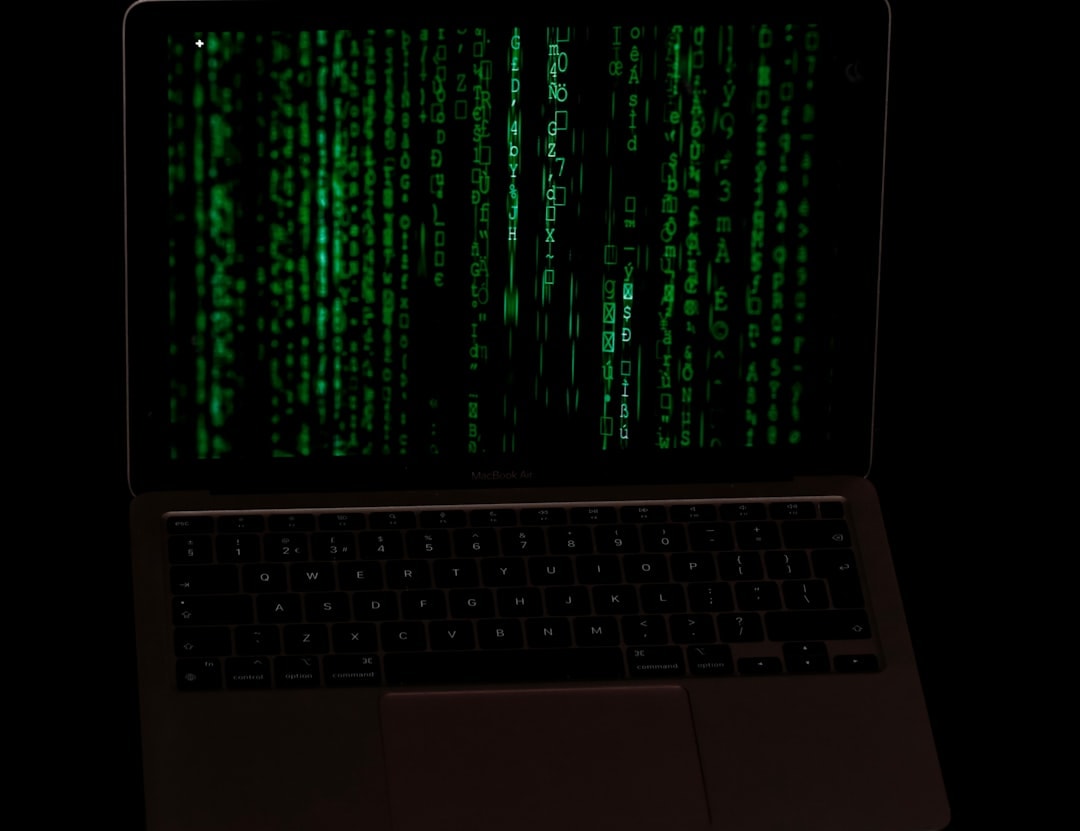Imagine waking up to find your personal data floating around the internet. That’s what happened to millions in South Korea. A major leak of Korean identity cards has shaken the nation in 2025. It’s not just a local concern—it’s a global warning.
Identity cards in South Korea are more than just an ID. They hold a person’s name, birthdate, address, and even biometric data. They’re used almost everywhere—from banking apps to streaming services.
So, what actually happened?
Hackers broke into a government system that stores national ID information. This system, meant to be ultra-secure, had a weakness. The attackers found it. They stole data for over 20 million citizens. That’s nearly 40% of the country’s population! This included:
- Full names
- Resident registration numbers
- Addresses and contact info
- Fingerprint data

Experts say the hack was “sophisticated and well-planned.” But what came next was even worse. The stolen information showed up for sale on the dark web. Criminals around the world now had a golden ticket to identity theft.
What does this mean for security in 2025?
The impacts are huge. Here’s a look at some of the key risks and what they mean for you.
1. Mass Identity Theft
With ID numbers and biometric data exposed, scammers can impersonate real citizens. They can open bank accounts, request loans, or even commit crimes disguised as someone else.
2. Loss of Trust in Digital Systems
People are now afraid to use online services. Government apps. Medical portals. Even online food orders. When trust breaks, digital services suffer.
3. National Security Threat
The leak includes information about government workers and soldiers. In the wrong hands, such info could be used for spying or blackmail.

4. Pressure on the Government
The South Korean government is now rushing to fix the mess. They’re offering free credit monitoring and have started discussion on creating a new ID system. But experts say that might take years.
Can this happen elsewhere?
Absolutely. If one of the world’s most digitally connected countries can fall victim, so can others. Countries with similar systems are now double-checking their own defenses. It’s a wake-up call to every government using centralized ID databases.
What’s next for South Korea?
Here are a few steps the country is expected to take soon:
- Creating more secure ID numbers
- Switching to dynamic (changeable) identities
- Introducing facial recognition as a backup
- Tougher laws on data privacy and cybercrime
These changes won’t be easy or cheap. But they’re necessary to rebuild trust and safety.
What can you do to protect yourself?
If you’re in South Korea or anywhere else in the world, there are ways to stay safer:
- Use strong, unique passwords.
- Enable two-factor authentication.
- Never share your ID info unless it’s absolutely needed.
- Check your bank and credit statements regularly.
Cybercrime is real. But being smart online goes a long way.
The takeaway?
This identity card leak is a big deal. It shows how valuable and vulnerable our personal data really is. For South Korea, 2025 will be known as the year digital trust was tested. For the rest of us? It’s a lesson to take seriously.

